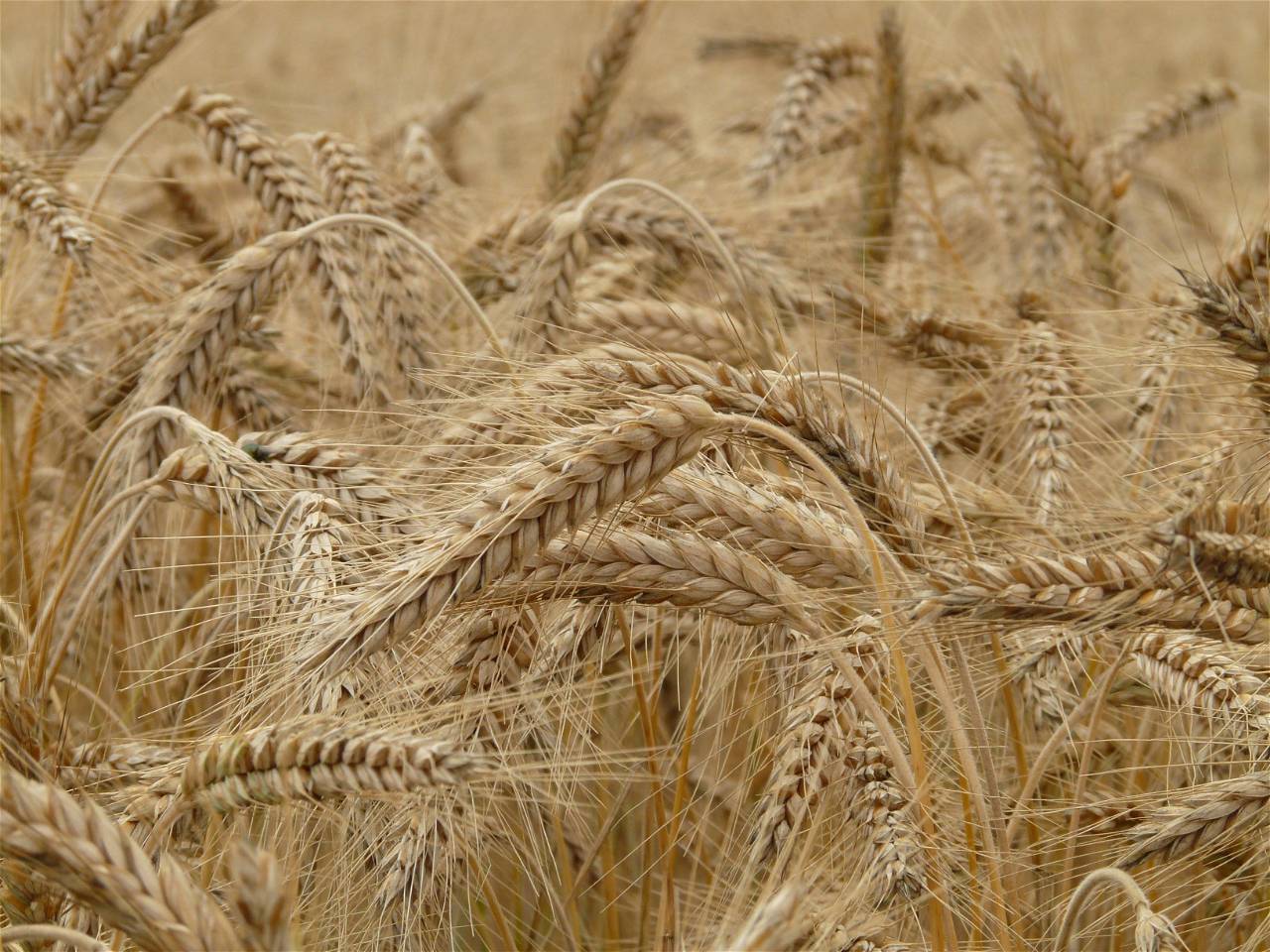
Uttar Pradesh is one of the highest wheat-producing states in India. However, it is currently grappling with a significant issue, i.e. a huge dump of grain causing a shift in its procurement practice.
Notably, the region has experienced a notable shift in wheat procurement. Farmers, who traditionally relied on government procurement to secure stable prices for their produce, are now facing uncertainties. This change is largely due to an increase in private sector influence. The shift has led farmers to hold back their harvests in anticipation of better prices, creating a complex market scenario.
Market Dynamics and Challenges
The reduced government procurement has raised concerns among farmers about market dynamics. Historically, the Agricultural Produce Market Committee (APMC) has played a crucial role in safeguarding farmers from exploitation by ensuring fair treatment and controlling the prices of agricultural goods from production to retail. Mandis, or agricultural markets, facilitated auctions that ensured fair crop sales and prevented direct purchases by large traders, which could undermine fair competition.
However, the influence of corporate entities in the wheat market has increased. This has challenged traditional practices and led to fears of exploitation, as farmers might be pressured to sell their crops at lower prices due to the influence of lenders and middlemen. The APMC's role in preventing such exploitation has now become more critical than ever.
Impact on Farmers
The shift in procurement has significant implications for farmers in Uttar Pradesh. With decreased government support, farmers are increasingly vulnerable to market volatility and price fluctuations. The anticipation of better prices has led many to hold onto their harvests, but this strategy is fraught with risks. Prolonged storage can lead to grain spoilage, and the lack of immediate income can put a financial strain on farmers, many of whom are already burdened with debt.
Thus, strengthening the role of APMCs and ensuring robust government procurement can help stabilize the market and protect farmers from the adverse effects of market volatility.
















